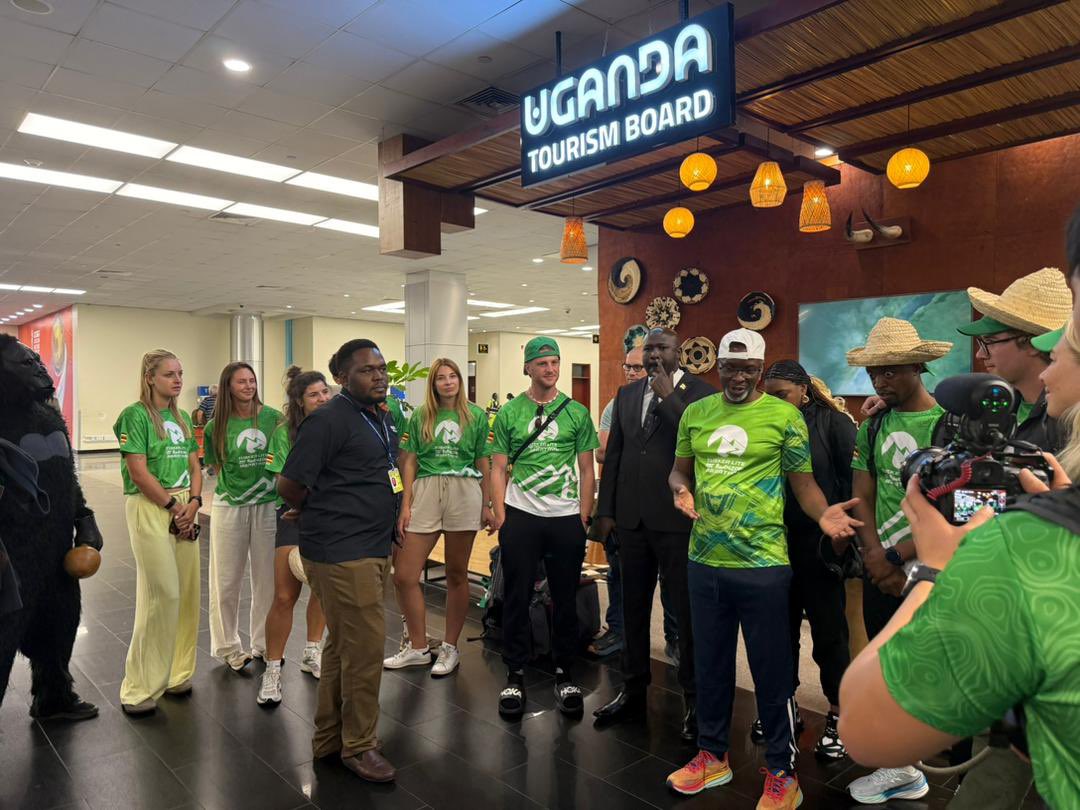On August 15th, 2025, I published an article in Watchdog News titled “If NGOs elsewhere are winning big grants, why not those in Karamoja?” In response, a distinguished Ugandan scholar, Professor Oweyegha-Afunaduula, posed a thought-provoking question: “How else do you want to reorganize the NGO fraternity in Karamoja to increase their chances of winning donor funding?” This question serves as the basis for the argument presented in this article.
Wanyama (2017) notes that NGOs heavily rely on donor funding, but this dependence has been further complicated by the basket-funding approach, which involves intricate application processes. When these applications are unsuccessful, NGOs are often left with no option but to close down or operate on a “hand-to-mouth” basis. By “hand-to-mouth,” I mean relying on short-term funding that only covers day-to-day expenses , leaving no room for institutional growth (Matsa et al., 2023).
This scenario mirrors the challenges faced by many NGOs and CBOs in Karamoja. They struggle with administrative expenses , compliance requirements, and, at times, survive by receiving per diems when participating in events organized by better-funded NGOs. The Civil Society Organization Sustainability Index for Uganda (2021:page.2) supports this observation by highlighting the increasing deterioration of NGOs in the country.
This harsh reality calls for innovative thinking and practical strategies if Karamoja NGOs are to break free from the cycle of hand to mouth. Despite the presence of active donors in Karamoja, many local NGOs and CBOs still rely on hand-to-mouth survival mechanism. To move beyond this cycle, I would like to offer some recommendations to my fellow Karamoja NGOs:
Generate Internal Revenue – Establish income-generating projects and small social enterprises to reduce dependency.
Broaden the Donor Base – Engage not only international donors but also government institutions implementing programs in Karamoja. Some may question how an NGO can participate in government programs, but being strategic is not unethical.
Build Institutional Capacity –Provide training to staff in proposal writing, fundraising, and financial management. (GIZ’s ongoing support serves as a positive example.)
Ensure Compliance – Strengthen governance, accountability, and reporting standards. RIAMIRIAM, with support from the Embassies of Denmark, The Netherlands, Sweden, and Ireland is already leading this initiative.
While other strategies exist, some are too political and rely on connections, so I have omitted them from this discussion.
Ayub Mukisa (PhD)
Executive Director-Karamoja Anti Corruption Coalition
Email: ayubmukisa@gmail.com
Do you have a story in your community or an opinion to share with us: Email us at Submit an Article









